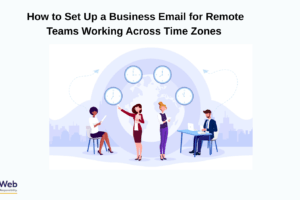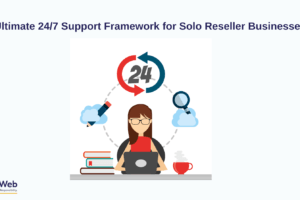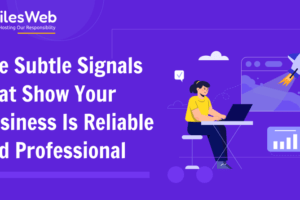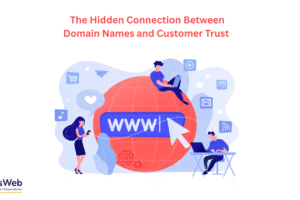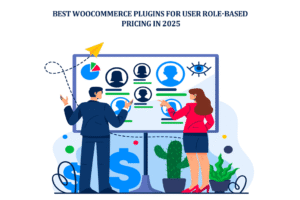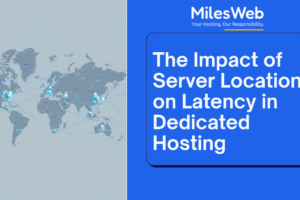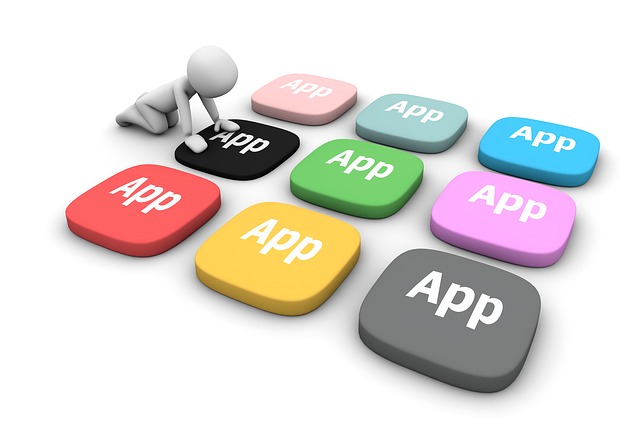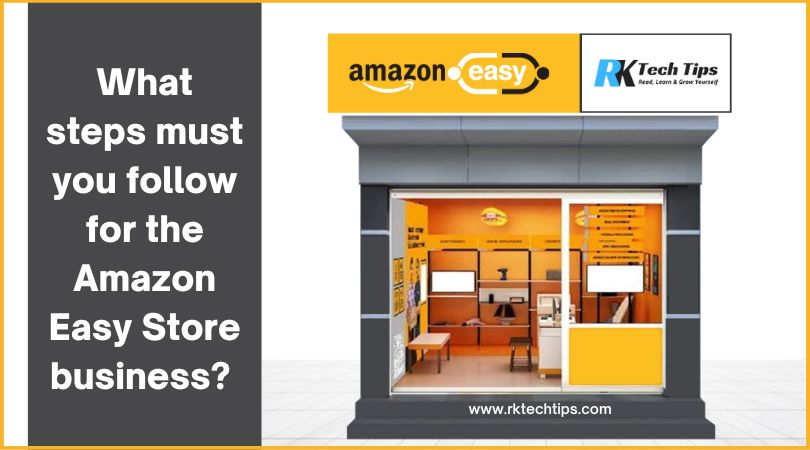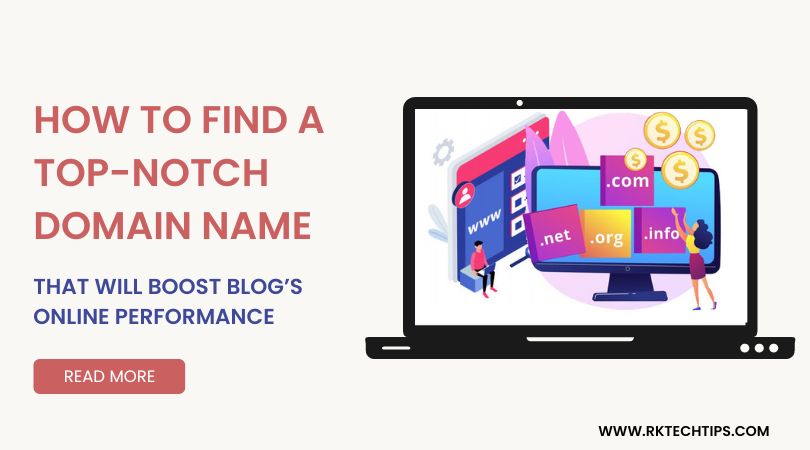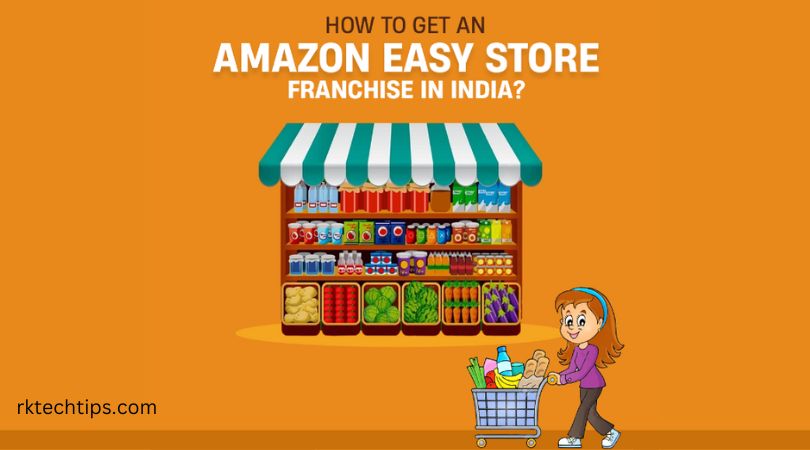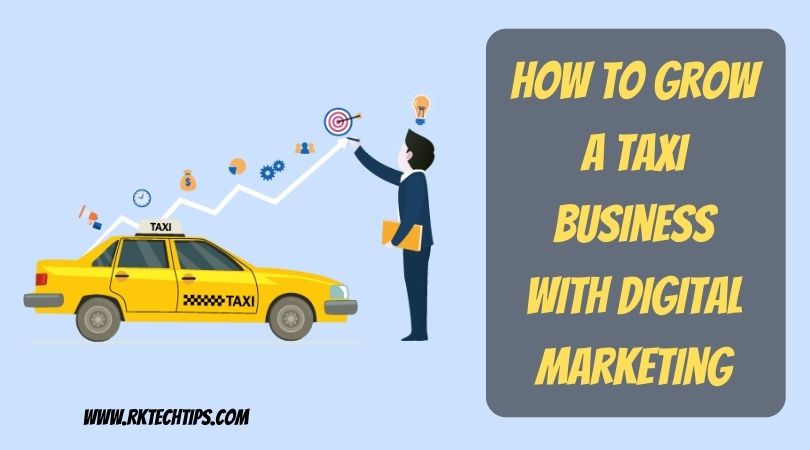Small business owners are often struggling to stay in business. Even though things on the surface look fine, we all know that the success of a business depends on various factors.
Luckily, today we can use software to make our everyday tasks easier. Even large corporations rely on the software platforms and the features it provides.
With that in mind, let’s talk about various types of software to boost your small business. Here are some of the best tools that will make your life easier!
1. Accounting software
Accounting is one of the integral parts of any business. Complex accounting processes are used every day, and there is a lot of room for human error. However, you will substantially reduce mistakes and get precise calculations with the right type of tools.
The most common types of accounting software include:
- payroll software;
- bookkeeping software;
- tax software.
2. Website building tools
This type of software has more to do with building your online identity. Depending on the features you need, a website can cost a lot of money.
Luckily, CMS software like WordPress makes things substantially more straightforward. You can have a website up and running in just a couple of minutes.
Another reason why you need CMS is that it makes SEO easier. Furthermore, various features and widgets you can add to your website will improve the customer experience.
The best thing of all is that CMS websites are more affordable. You don’t have to stress about paying a lot of money to get a working website.
3. Time tracking software
Time tracking is that part of the business that makes improvements possible. Whether we are talking about running a project or trying to simplify everyday processes, time tracking apps make things easier.
Startup businesses often don’t have all of their processes defined. It takes a lot of time to simplify how you do business. This type of software will help you understand how much time your employees need to do day-to-day tasks.
4. CRM software
Purchasing a CRM system is a serious step. Many people believe that small businesses cannot really benefit from CRM because large corporations mostly use it. But that is not correct. CRM can be very useful even in the SMB sector.
Customer relationships exist everywhere, and every company needs software to keep track of the communication with its clients. One thing to have in mind is that CRM software can be expensive.
Furthermore, it can make things more complex if you are not careful. It is good to get a free demo and try it out before purchasing.
There are many features to keep in mind, so be sure to know what your business needs. You can always start with a basic plan and upgrade as your business grows.
5. Software for payment transactions
It is crucial to automate and streamline your payment transactions, whatever your business is. You need to find ways to make your billing process more straightforward.
This is especially important if you are providing subscription-based services. Billing has a lot of processes, and this software will help automate monthly invoicing and automatic payments.
Just with these two things, you will substantially reduce the workload of your billing team.
Another benefit of payment processing software is that it can handle refunding. It keeps a record of all the transactions, and you can easily find what you need.
It also tracks all unpaid invoices, which will save your company a lot of money. Clients may forget to pay you on time, and a subscription payment time will keep everything in order.
6. Project management software
Bringing a new idea to life is not the easiest thing to do. It all depends on how the project goes. Project management software plays a crucial role in organizing your business processes.
You can easily manage complex projects by breaking them down into task segments. At the same time, you allow a comprehensive overall view of the project.
Splitting up a project into pieces makes task tracking easier. You can also keep track of the deadlines and ensure everything is on time.
The final goal is to finish a project successfully and provide quality service to your customers. Project management software also allows your clients to keep track of the status.
7. Communication apps
Communication is one of the crucial parts of every business. Nothing can happen without it. Communication apps like Skype, Teams, Slack, and many others, bring many essential features to the table. Your teams stay connected 24/7.
One thing to remember is that the number of employees is important. If you have ten people, you can stick to free versions like Viber or Watsapp.
However, if you want a communication app with more business-oriented features, you could get something more professional. That all depends on the size of your budget.
8. Sales and marketing software
One piece of software that is simply a must, especially if you want to expand globally, is sales and marketing software.
This type of software will help you to stay organized. That will lead to improved efficiency and a better ability to collect and analyze data. As a result, your conversions will increase.
Keep in mind that the marketing budget constantly changes. You often don’t have enough money to go all out when it comes to marketing.
This software will help you get the most value out of your marketing budget. It also makes forecasting easier, which means that future projects have higher chances of success.
8 essential types of software to boost your small business – explained!
One key takeaway is to be mindful of your budget. These types of software to boost your small business can cost a lot of money.
With that in mind, create a list of priorities, and get only the things that will benefit your business the most. You can always add more tools once you have a bigger budget and your business starts to grow.

